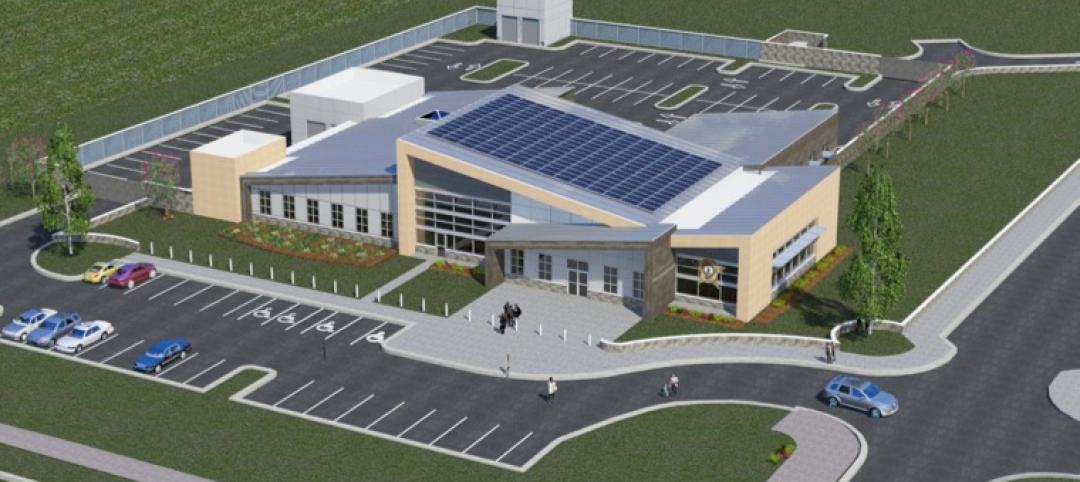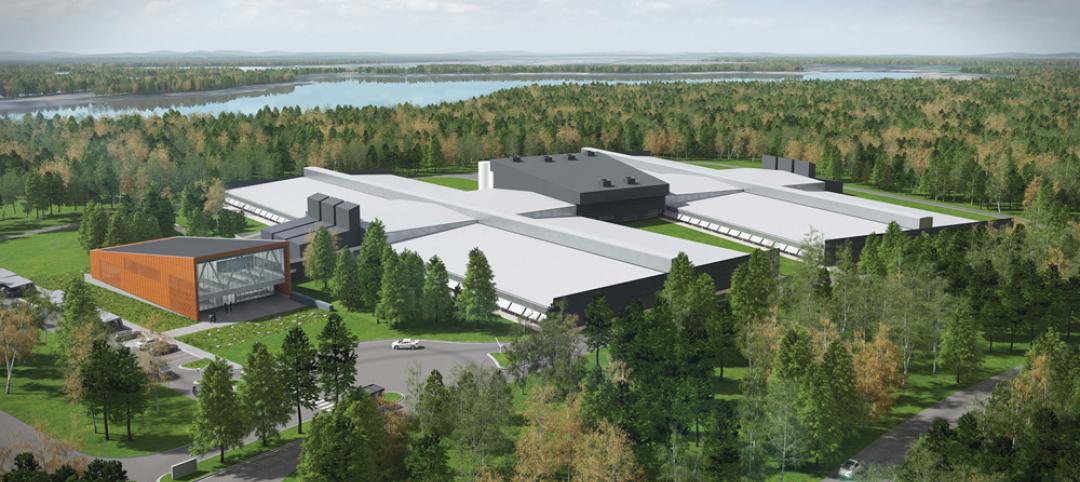California’s recent revisions to Title 24 contain ambitious performance goals: all residential buildings must be Zero Net Energy by 2020 and commercial buildings must reach that standard by 2030. The code also applies to certain renovation projects. These changes are likely to reshape the construction industry in significant ways nationwide by:
1. Driving adoption of building energy codes.As the AEC industry works to meet California’s challenge, it will be able to translate its achievements to other regions.
2. Speeding the development of building monitoring and management technologies.Title 24 will stimulate the market for a wide variety of smart building technologies.
3. Accelerating use of on-site energy storage. Energy storage helps address the intermittency of solar and wind energy generation. It can also make the grid more resilient to outages.
4. Reducing the cost of high performance building.California’s code ensures that there will be steady demand for high performance designs and technologies. This should help to drive down costs for new, innovative products.
5. Creating competition for architects to boost performance.Net Zero Energy goals will put pressure on architects, engineers, and contractors to measure progress as they work toward achieving high efficiency results, and then to deliver on them.
Related Stories
| Aug 8, 2014
California revives study of earthquake faults
California reinstituted an ambitious plan to study dangerous earthquake faults and create zoning maps that could restrict development.
| Aug 6, 2014
Loudoun County, Virginia may dump green building requirements
Loudoun County, Va., supervisors may do away with a county policy that requires LEED Silver certification on new county buildings.
| Aug 6, 2014
$300 million mixed-use project in Chicago’s medical district wins key approval
The Illinois Medical District Commission approved a 1.16 million-sf, $300 million mixed-use project in Chicago’s Illinois Medical District.
| Aug 4, 2014
Facebook’s prefab data center concept aims to slash construction time in half
Less than a year after opening its ultra-green, hydropowered data center facility in Luleå, Sweden, Facebook is back at it in Mother Svea with yet another novel approach to data center design.
| Jul 31, 2014
LEED Dynamic Plaque gives owners and tenants ability to monitor building performance
The LEED Dynamic Plaque could aid certified buildings in maintaining performance with up-to-date information about water and energy use, waste reduction efforts, occupant experience, and other green performance categories.
| Jul 31, 2014
Gypsum Association releases updates to wallboard repair standards
The Gypsum Association released updates to both GA-221 Repair of Joint Ridging and GA-222 Repairing Screw or Nail Pops standards publications.
| Jul 31, 2014
Cambridge, Mass., is latest locale to require energy usage disclosure
The City Council of Cambridge, Mass., approved the Building Energy Usage and Disclosure Ordinance (BEUDO) that requires benchmarking and disclosure of building energy performance for large commercial, institutional, and multifamily buildings.
| Jul 31, 2014
Stalled $1.5 billion Miami mixed-use redevelopment project advances
A long-delayed $1.5 billion mixed-use development in Miami moved ahead after city planners approved the project’s first phase.
| Jul 30, 2014
USGS updates National Seismic Hazard Maps
The U.S. Geological Service recently released an update of U.S. National Seismic Hazard Maps that reflect the latest analysis of where future earthquakes will occur, how frequently they may occur, and their strength.
| Jul 23, 2014
Fairfax County, Virginia toughens green standards
The Fairfax County Board of Supervisors recently strengthened its green building policy, requiring higher standards for residential, retail, office and other construction projects seeking approval for rezoning.
















